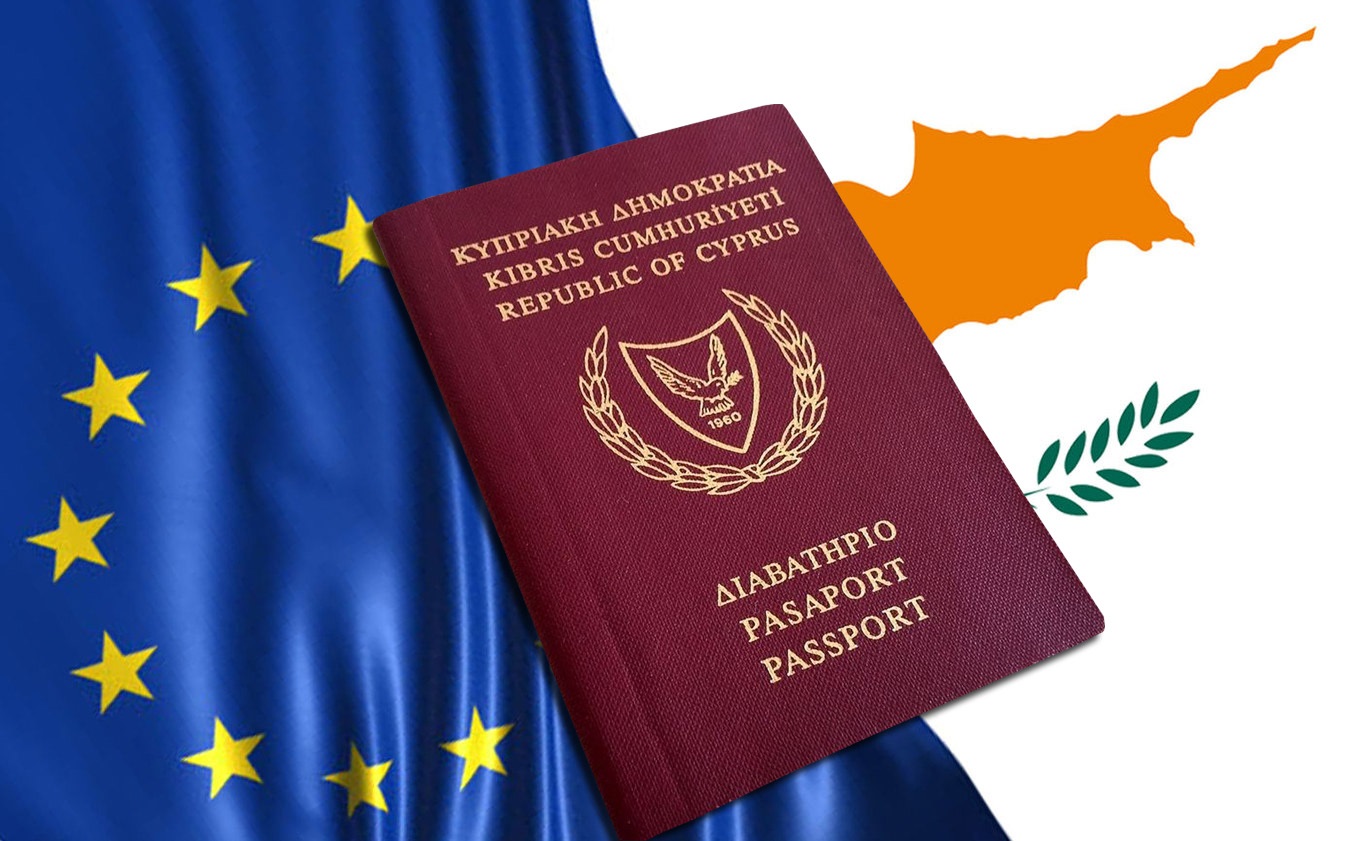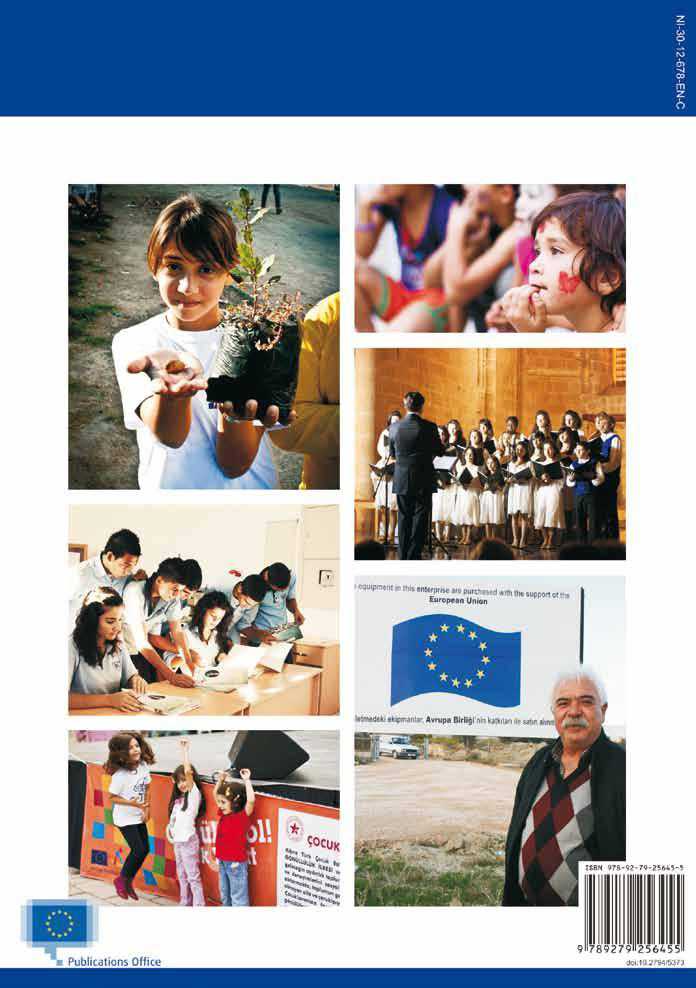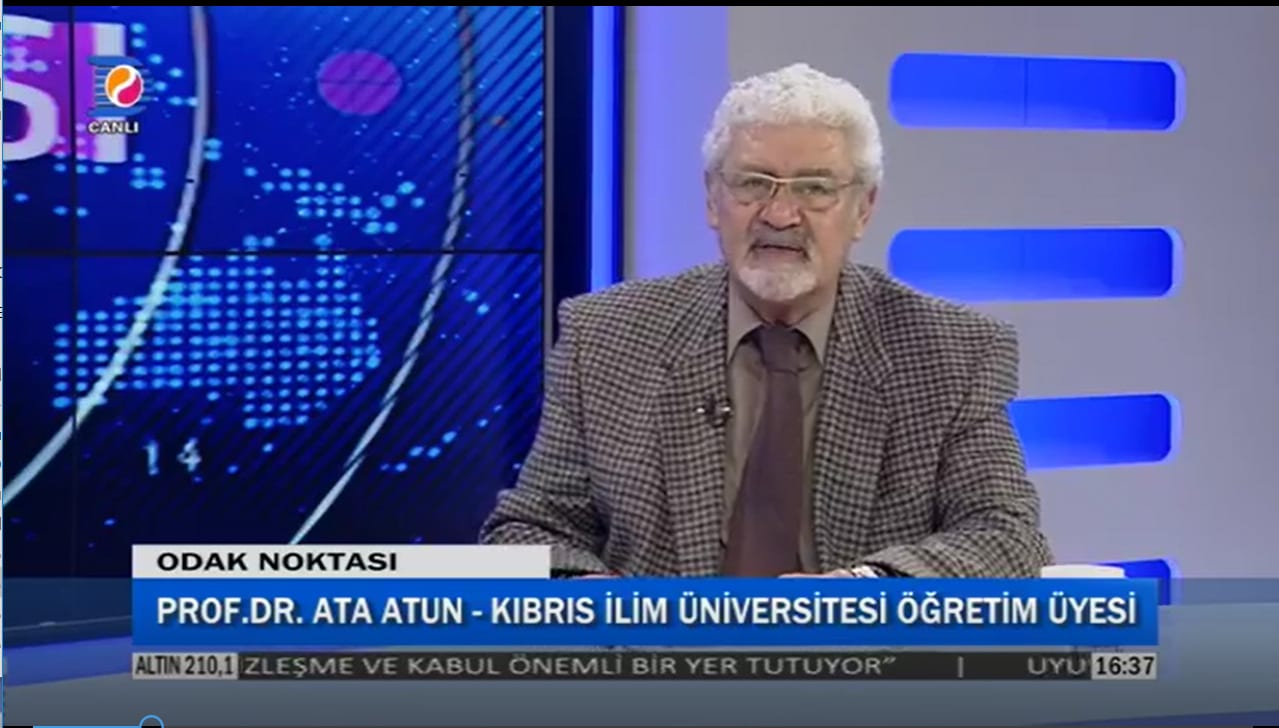The European Union’s pressure on the Greek Cypriot Administration on the issue of golden passports has started to yield results. The Greek Cypriot Administration will no longer be able to hand out the so-called “Golden Passport” to anyone for its political and financial interests, because the Greek Cypriot Administration made an important change in December regarding naturalization. From now on, those who will be naturalized will first have to be able to speak, read and write Greek at level B1 according to international foreign language exam criteria. Depending on the situation, the slightly lower A2 level may also be accepted. It is not yet clear what this special “situation” is or will be.
According to the amendment to the Citizenship law, which was published in the Official Gazette after the House of Representatives adopted the draft law approved by the Council of Ministers, a foreigner applying for citizenship of the so-called “Republic of Cyprus” can be naturalized on the condition that he or she has knowledge of the Greek language at level B1, as set out in the Common European Framework of Reference for Languages, based on language certificates at the level mentioned in the Decree.
In addition to this, they will also be required to have “adequate knowledge of the basic elements of the contemporary political and social reality of the so-called “Republic of Cyprus”” and to pass an exam on this subject. This exam will be prepared, conducted and evaluated by a committee consisting of staff from the Greek Ministries of Education and Justice.
If the candidates who will take the exam say, “Between 1963 and 1974, the Greeks attacked the Turkish Cypriots in order to ethnically cleanse the island of Cyprus, mercilessly killed hundreds of Turks, burned down their homes, looted their property, confiscated their livestock and crops, and forced the Turkish Cypriots to migrate en masse,” they will fail definitely. He/she can never become a citizen.
If he/she says, what the members of the committee, all of whom are Greek Cypriots, want to hear and denigrates the Turkish Cypriots and Turkey, he/she will pass this so-called “History and Culture Exam” with a hundred percent.
But there is lawlessness and suspension of human rights involved. According to the Constitution of the so-called “Republic of Cyprus”, the valid official languages are Greek and Turkish, yet this amendment law does not include a sentence such as “being able to speak, read and write Greek or Turkish at B1 level”. The requirement is limited to knowing only and only “Greek”. The constitutional rights of Turkish Cypriots, which are clearly stated in the 1960 Constitution of the Republic of Cyprus, have not been taken into consideration at all. When have they ever been taken into consideration, and they will be taken into consideration this time too. If anything, the rights of the Greeks are the only valid ones.
And they shamelessly expect miracles from Maria Holguin, the Personal Representative of the UN Secretary-General, and with the magic wand in her hand, to touch the parties in Cyprus and try every possible means and pray that the negotiations will start immediately from the place where in Crans Montana in 2017, the Greeks overturned the table – due to their maximalist demands and their Enosis dreams of annexing the island of Cyprus to Greece – in a way that, the map submitted at the meeting in 2017 in their pockets and the concessions made at that time will also be valid.
Going back to citizenship, many of the Greek fans among us do not speak Greek. If the citizenship of Turkish Cypriots is to be revised in terms of knowing how to “speak, write and read Greek” at an adequate level, then they will be disillusioned.
Oh, if you say vested rights!, we know how the Greeks took away all the rights of the Turks and did not even want to give them the right to breathe.





